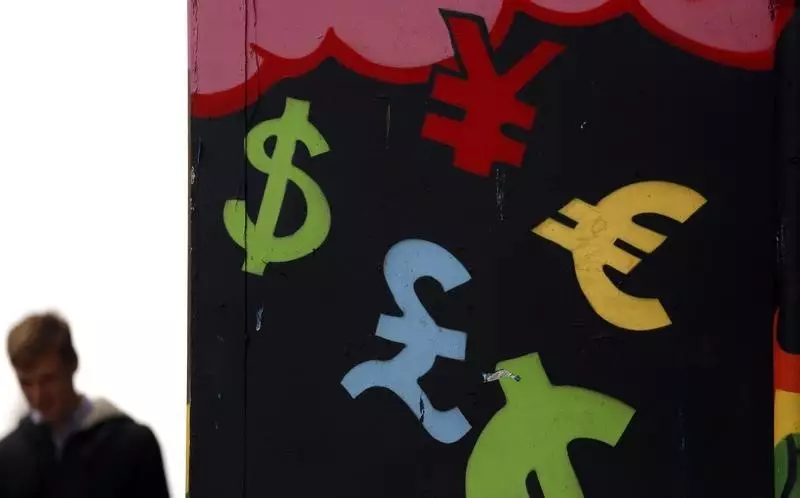The recent extradition of Do Kwon, co-founder of Terraform Labs, from Montenegro to the United States has ignited significant discussions within the cryptocurrency community and beyond. Kwon faces serious allegations regarding his role in the collapse of TerraUSD, a supposed “stablecoin,” that was intended to maintain a constant value of $1. The events surrounding this case underscore broader implications for regulatory frameworks governing digital assets. As Kwon, who maintains his innocence, enters the complex world of U.S. law, questions regarding investor protections, corporate governance, and the future of cryptocurrencies loom large.
Kwon’s arrest in March 2023 brought to light the turbulence that often characterizes the cryptocurrency market. The fallout from TerraUSD’s collapse, which saw approximately $40 billion vanish, is more than just a financial incident; it represents a crucial moment for regulatory bodies as they grapple with the evolving landscape of digital currency trading and investments. The U.S. Securities and Exchange Commission (SEC) has taken on the mantle of fighter for consumer rights, filing a lawsuit against Kwon and Terraform Labs, alleging deceptive practices in their communications with investors.
Extraditing Kwon to the U.S. may be a vital step toward accountability, not only for him but for the entire crypto industry. The decision by Montenegrin authorities, endorsed by both the Justice Ministry and the Supreme Court, highlights a cooperation between nations striving to manage the repercussions of mismanagement in global finance. But beyond the legalities, this scenario raises alarming questions about the adequacy of existing laws to handle digital currencies and their often nebulous operational structures.
The mechanics of the TerraUSD’s failure are complex but should not be overlooked. It was designed as a stablecoin, yet its instability proved catastrophic, leading to massive losses for investors. Considering Kwon’s claims of innocence could serve as a larger narrative of systemic failures in crypto governance, where developers wield tremendous power with minimal oversight. Kwon’s condition emphasizes the urgent necessity for rigorous regulations and the establishment of clearer frameworks that govern cryptocurrency practices.
The case against Kwon could potentially serve as a landmark event for cryptocurrency regulation, reminiscent of earlier examples in different sectors where wrongdoing triggered transformative reforms. As the SEC pursues legal action against Kwon and Terraform Labs, observers are keenly watching to see how the regulatory landscape might change in response to high-profile cases like this one.
The impact of Kwon’s extradition will extend beyond court proceedings, potentially reshaping investor behavior and regulatory approaches in the industry. As governments grapple with safeguarding investors while accommodating the dynamic nature of digital assets, the financial world may witness a reformation of how cryptocurrencies are perceived, instituted, and regulated.
Do Kwon’s extradition symbolizes not only a quest for legal accountability but could also herald a defining chapter in the regulation of cryptocurrency. As the lines between innovation and accountability blur, it remains clear that the industry’s evolution will demand a robust response from authorities worldwide. The stakes are high, not just for Kwon but for the very structure of the burgeoning cryptocurrency ecosystem.

